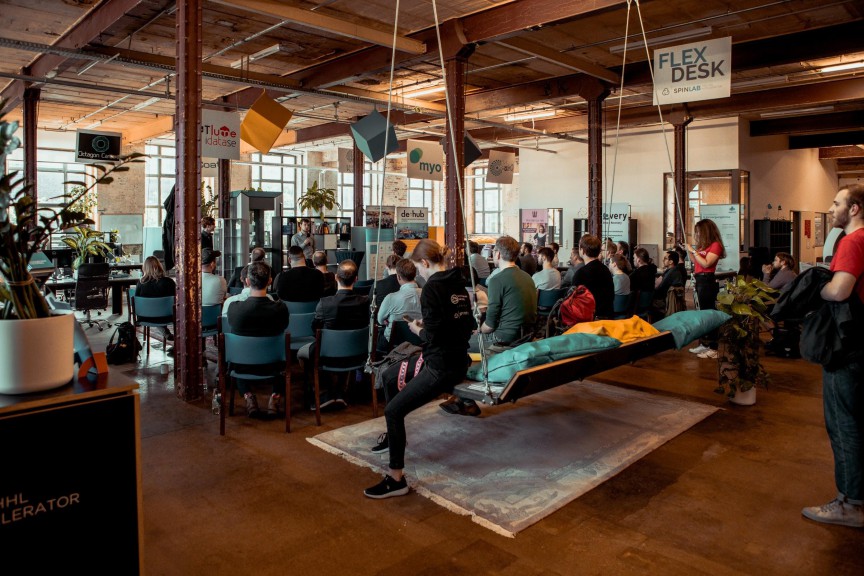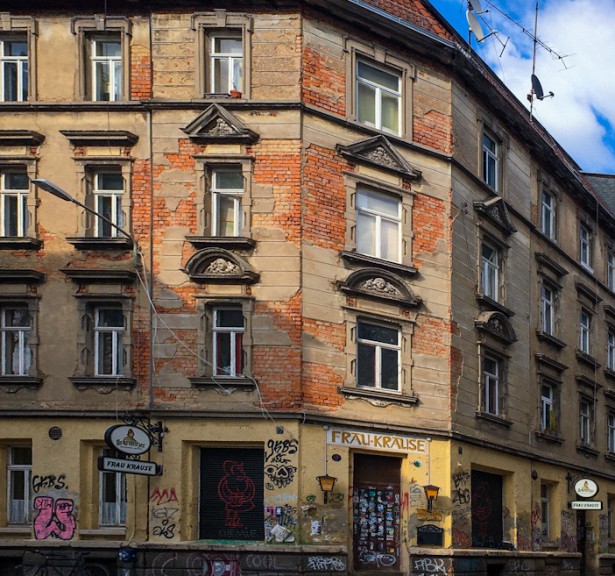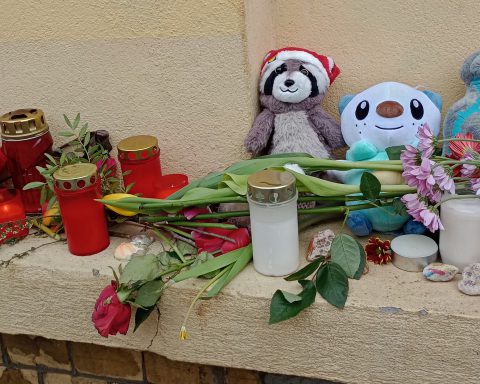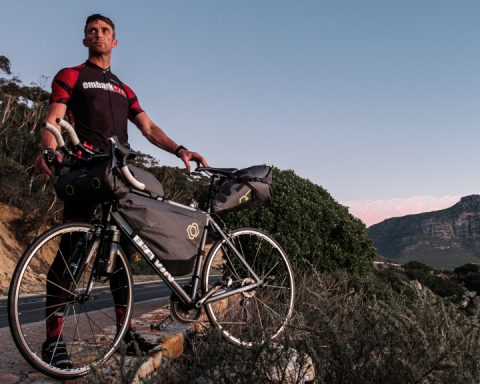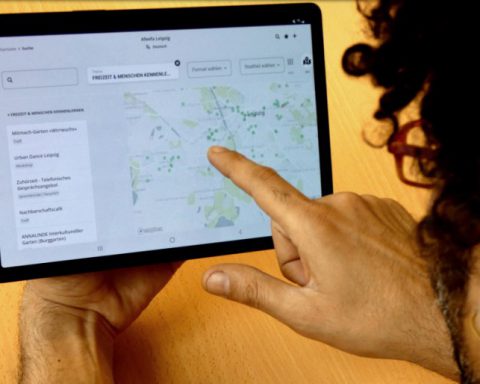Most of us (about 80%) need a blood transfusion sooner or later in life – when being operated on for injuries, or treated for various illnesses including cancer. Despite technological progress, it’s not possible to make blood artificially on a large scale. Therefore, when a patient’s body has lost a lot of blood or no longer produces enough itself, he or she needs to be given blood (or components thereof) from people who have donated some of theirs.
A man can donate half a liter every two months, a woman every three months.
In Germany, with its 83 million inhabitants, about 14,000 such blood units are required in hospitals – every day (in Leipzig alone, it’s 120). However, only 3% of the population donate regularly. Thus, the blood banks (the facilities that process and store donated blood) again and again face shortages, because blood can be conserved only for a limited time, and one type of blood can be given only to patients with a matching blood type.

In Germany, shortages of blood/donors will aggravate as the population ages. There will be more patients needing transfusions, and fewer people able to donate, because donors have to be healthy and younger than around 70 (depending on where you donate). Therefore, if you are both, please consider donating blood on a regular basis.
In Leipzig, you can donate blood at the University Hospital, with the Red Cross, or with the private company Haema.
Due to the current pandemic, you have to make an appointment by phone or online at one of the above. In addition, they make everyone wear masks, disinfect themselves and keep a distance, so that there is no increased risk of contracting the virus.
At the blood donation center, you need to show an identity card, have your temperature taken and then fill in a questionnaire about things possibly affecting the safety of your blood. Above all: Have you ever had serious medical conditions? Have you recently taken medicine? Have you recently returned from a region rife with infectious diseases?
A doctor then confidentially checks your answers with you and discusses any relevant details. In certain cases, potential donors need to be suspended for some weeks or months. It has to be made sure that donated blood doesn’t harm the recipients.
Most people, though, will be allowed to donate (also allergies such as hay fever are no problem as long as you don’t have symptoms at the time of the donation). For your own safety, before donating, a drop of blood will be taken from your fingertip to determine the level of iron. If it’s too low, you will be asked to come back another day.

But if you eat a balanced diet, your iron will be fine and you can proceed to the donation chair. There, a nurse inserts a needle into the inside of your elbow. 450 milliliters of blood then flow into a bag, which takes about 10 minutes (the entire donation process at Leipzig University Hospital is presented in this video).
After resting for some minutes post-blood donation, you get a free drink and sandwich. Some facilities even reward you with cash.
At Leipzig University Hospital, for instance, you get 20 euros after each donation (from the second onward) – although this of course shouldn’t be the reason why you do it.
What is worth more than money is the feeling of having provided a substance without which many patients couldn’t be properly treated – and each of us (God forbid!) could become such a patient at any time. Moreover, the donation causes you no disadvantage, and your body will fully replenish your blood within a few weeks. The donation even implies a free medical check-up for you, because your donated blood will be tested in the lab before it can be used, and if any disease is detected, you will be informed.
And while you’re at it, what can easily be combined with one blood donation is another life-saving act: You can register as a donor of bone marrow/stem cells.

The transplantation of those cells is the last hope for patients with blood diseases such as leukemia when other therapies don’t suffice. Stem cells sit mostly in the bone marrow and transform into specialized cells such as blood cells. When a disease impairs this function of a patient’s own stem cells, stem cells from another person can replace them.
The problem is that the genetic structure of the other person needs to match the patient’s. This is often the case among siblings. However, most people haven’t got a matching sibling or any at all. At the same time, the probability to find a “genetic twin” with matching stem cells for a patient outside of his or her family is sometimes as little as one in one million. Therefore, as many people as possible should be registered in donor databases.
If you are in good health and, usually, in the age range of 18 to 65, you can become one of them!
When you donate blood, just tell the staff and they will take a small additional sample of your blood to determine the characteristics of your stem cells. These are then registered locally and (in an anonymized way) made available to search queries from hospitals all over the world.
The probability that you will someday be identified as a match for a patient is around 1% (in this case, if you agree, stem cells will be taken from your blood or bone marrow in a safe procedure at the hospital, lasting between a few hours and two days). In any case, being in the register gives you a good feeling and, again, each of us can suddenly become a patient in desperate need of a donor.
By the way, it’s also possible to register as a stem cell donor outside of a blood donation. Just send a swab from inside your cheek to (if you live in Germany) DKMS (“German Bone Marrow Donor Registry”).
Currently, over 9 million stem cell donors are registered in Germany, and over 36 million worldwide. But these are only fractions of the overall populations, and many patients find no matching donor (especially when their ethnic group is less represented in registries). Let us contribute to increasing their chances!




